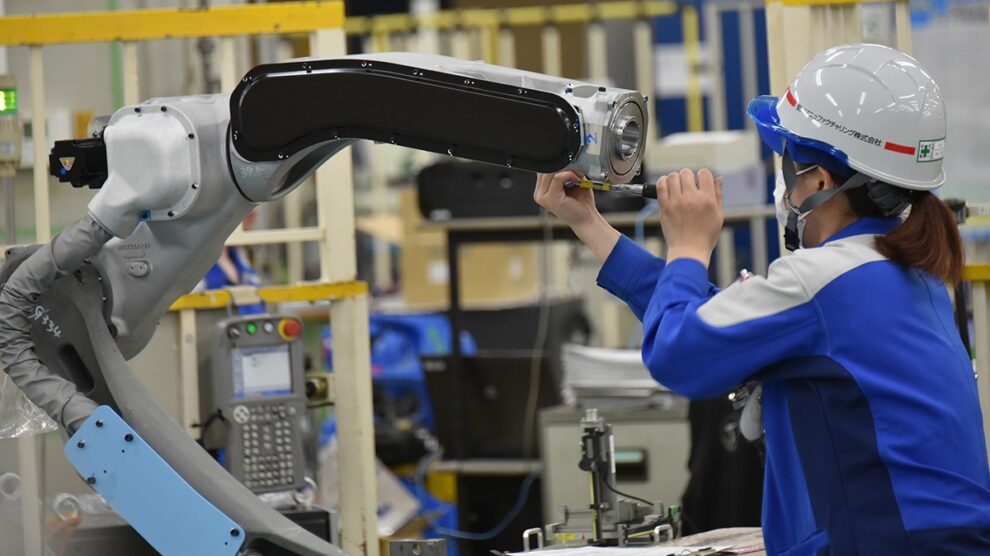A sobering report from the UK Department of Education spotlights occupations most susceptible to displacement by artificial intelligence (AI) as intelligent algorithms grow capable of undertakings tasks currently performed by humans. Analysts estimate 800 million jobs may be subsumed by automation just this decade – an alarming prospect demanding mitigation preparations.
AI’s Ascension Across Sectors
Across finance, legal fields, administration and more, AI is demonstrating increasing prowess at assuming roles we consider unambiguously human. Natural language processing now rivals professional translators, lawyer-assisting ROSS proves formidable competition while formulaic jobs show wholesale vulnerability.
As expanding real-world implementations showcase AI matching or exceeding human performance in targeted applications, the coming decade may see machine dominance in various occupational categories previously believed secure.
Management and Finance: Vulnerable Frontier Jobs
Among prominent vulnerable professions, managerial and financial domains face unprecedented churn from automation. Workflow optimization, complex data processing and decision support constitute some strengthsbeing deployed against white-collar mainstays.
Intelligent Task Supervision
Already AI can autonomously schedule workers, track KPIs and manage payroll – key responsibilities of human resource managers. With emotion-aware and planning tools on the horizon, manager ranks risk automation encroaching further.
Automated Financial Analytics
Likewise for financial analysts, where AI engines now construct real-time market models, predict complex system behaviors, and generate monetary recommendations later executed by traders. Advances may soon cut out human middlemen altogether.
Routine Work vs Social Jobs
More broadly, the report highlights routinized tasks as more openly automation-prone compared to social professions directly assisting people. Jobs emphasizing predictive outcomes using defined datasets appear most susceptible.
Telemarketers, Cashiers and Drivers
Frontline transaction-oriented jobs like telemarketing, cash handling or delivery face replacing by intelligent chatbots, cashier-free checkout and autonomous vehicles piloted remotely.
Nurses, Teachers and Social Workers
Conversely, occupations centered on emotional skills like healthcare, education and counseling shield humans from machine substitution given AI’s ongoing empathy limitations. However, support tools may reduce staffing needs.
Preparing the Workforce of Tomorrow
With seismic shifts in store for the global labor landscape, the report presses retraining initiatives to transition redundant workers. As old jobs decline, new AI-complementary roles in development, data science and related technical domains must be nurtured alongside uniquely human skillsets.
Retraining at Scale
Large-scale re-skilling programs for those losing jobs can build economical sustainability by imparting globally relevant digital capabilities to displaced workforces.
Realigning Higher Education
Simultaneously, tweaking university curriculums towards hybrid high-tech credentials allows graduating into automation-resilient specializations.
Undertaking such workforce realignments now can empower society to access AI’s abundant opportunities while mitigating its disruptive effects.










Add Comment